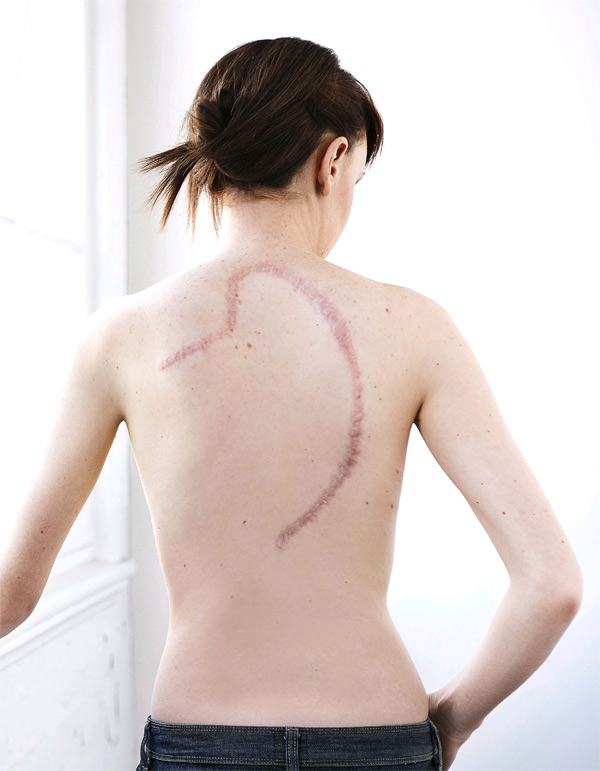
Skin cancer can be inherited: studies
One found that having an identical twin with melanoma increased a person’s own risk of developing the disease much more than having a fraternal twin with this type of skin cancer. The other found that having a sibling or parent with one of several different types of non-melanoma skin cancer increased risk as well.
Several studies have suggested melanoma and other skin cancers run in families, but it can be difficult to tease out the difference between the influence of genes and environment. In the Australian study, Dr. Sri N. Shekar of the University of Queensland in Brisbane and his colleagues attempted to do so by looking at twin pairs in which at least one sibling had been diagnosed with melanoma.
They searched through thousands of cases of melanoma reported in Queensland and New South Wales and found 125 twin pairs. In four of the 27 identical twin pairs, both had melanoma, while three of the 98 fraternal twin pairs had both been diagnosed with the deadly skin cancer.
Based on these numbers, having an identical twin with melanoma increased a person’s own risk of the disease nearly 10-fold, while melanoma associated with having a non-identical twin with the disease was roughly doubled.
This suggests, the researchers say, that some of the increased melanoma risk can be attributed to genes, in particular interactions between genes. They estimate that genes account for about half of the differences in risk between two people.
In the second study, Dr. Shehnaz K. Hussain of the University of California Los Angeles and colleagues looked at the Swedish Family-Cancer Database to gauge the risk for several types of skin cancer among siblings and children of people diagnosed with these diseases.
They found that people with a sibling or parent diagnosed with some types of skin cancer were more likely to develop skin cancers of various types, not just the ones their relatives had. When tumors occurred at parts of the body more likely to have been exposed to the sun (such as the face, compared to the torso), the familial risk was stronger.
Based on the findings, Hussain and colleagues conclude, a person’s family history can be used to gauge their own skin cancer risk, and genetic studies could be a useful way to identify potential targets for treating or preventing the disease.
Skin cancer , Skin cancer Health, Skin cancer Health Latest, Skin cancer Health Information, Skin cancer Health information, Skin cancer Health Photo,Skin cancer for Weight Health photo, Skin cancer Health Latest, Skin cancer Health latest, Choreography for Weight Health Story, Skin cancer Video, Skin cancer video, Skin cancer Health History, Skin cancer Health history, Skin cancer over Picture, history, Skin cancer Asia, Skin cancer asia, Skin cancer Gallery, Skin cancer for Weight gallery, Skin cancer Photo Gallery, Skin cancer Picture, Skin cancer picture, Skin cancer Web, Malaysia Health, web Health, web Health picture, video photo, video surgery, gallery, laparoscopy, virus, flu, drug, video, Health Health, calories, photo, nutrition, health video, symptoms, Skin cancer , medical, beating, diet, physical, Training, organic, gym, blister, exercise, weightloss, surgery, spiritual, eating, tips, skin, operation, bf1,


